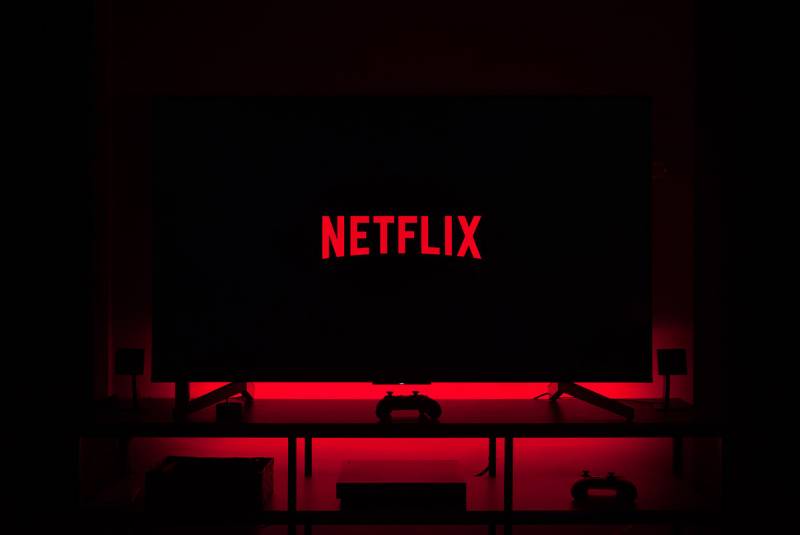As Netflix works on ways to monetize viewers that are sharing passwords with other households, new research from Aluma Insights shows U.S. adults vary in how they would respond to an extra $3 monthly charge per additional out-of-home user.
The move to crack down on password sharing, and importantly make money off of those additional users, became even clearer during first quarter earnings. Netflix disclosed that in addition to paid accounts, the service is being shared with over 100 million additional households, including 30 million in Canada and the U.S. – meaning those homes aren’t paying for SVOD streaming service because they have another user’s credentials. During the quarter Netflix lost 636,000 U.S. subscribers, while noting high household penetration and account sharing.
Netflix already raised prices on U.S. customers in January, so monetizing account sharing households and introducing a lower cost ad-supported tier are two avenues it’s exploring to help grow revenue.
However, with a long history of allowing password sharing, Aluma noted that fears remain that stricter policies on passwords could result in many subscribers leaving the service.
"Consumers have for years been told, both tacitly and explicitly, that sharing passwords with others outside the home was acceptable,” said Michael Greeson, founder and principal analyst at Aluma. “To remove this 'privilege' at this time—when prices for fuel, food, and other necessities are skyrocketing—could indeed rub some loyal subscribers the wrong way."
After surveying more than 2,200 U.S. adult broadband users, with 1,315 Netflix users, Aluma’s research found that if Netflix charged $3 per month for additional out-of-home users, 13% of adult Netflix users would likely cancel the service, while 12% would likely add at least one out-of-home user who otherwise wouldn’t be monetized.
The price of $3 per month per extra household is the format Netflix has started testing out in three Latin American countries.
But while 13% of survey respondents said they would cancel, Aluma’s Greeson believes less than half of that would actually do so. After 20 years of consumer research, the analyst has a good sense for how intention translates to action. Plus, “Netflix is a highly regarded service relative to its competitors,” Greeson told Fierce, noting it’s one of the variables he considers, leading to expectations that the number who actually cancel will be lower.
As for those that will add at least one $3 per month user, it’s more likely because two-thirds of those sharing passwords borrow from direct family members, such as a father to son or vice versa, according to Aluma. The thinking is along the lines of, if credential sharing is no longer allowed, is it better for the family member to pay full price of $15 per month or to simply pay an extra $3 per month on the existing account.
“The direct family angle makes a big difference here,” Greeson said.
So would potential gains from implementing a $3 charge for out-of-home account sharing offset potential losses from those that leave?
“I believe they will,” he commented. “Though it may take several quarters before this is evident to investors.”
“Much hinges on how elegant the company’s password management solution is. For the last few years, and to alleviate mass exodus, Netflix executives have remained consistent that the solutions they deploy must not rock the boat too much,” Greeson continued.
And if users are getting charged for extra out-of-home accounts, it could pique more interest in a lower-cost ad-supported tier, which along with the password crackdown is expected to be implemented at some point in 2022 or 2023.
“It’s about how best to monetize password sharing, not just limit it. For some, the ad-supported tier will make sense,” Greeson said. “For others, perhaps it’s the $3/month add-on or maybe their own $15/month subscription. The point is freeloaders have plenty of options not to use the service illegitimately. If they chose otherwise, their access will be terminated.”




